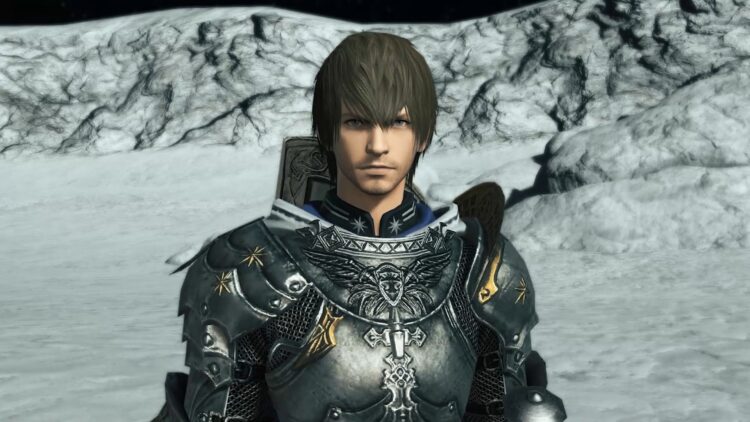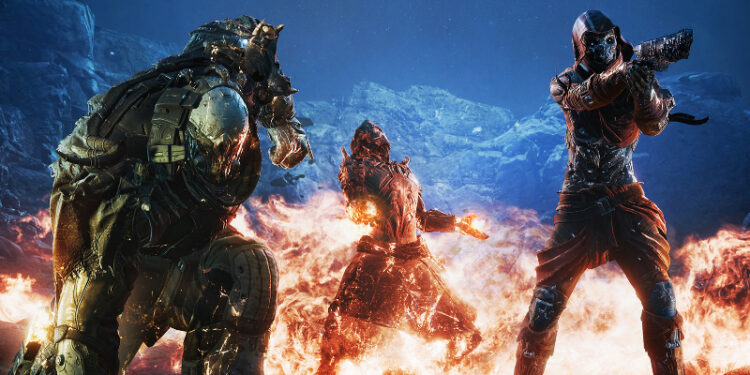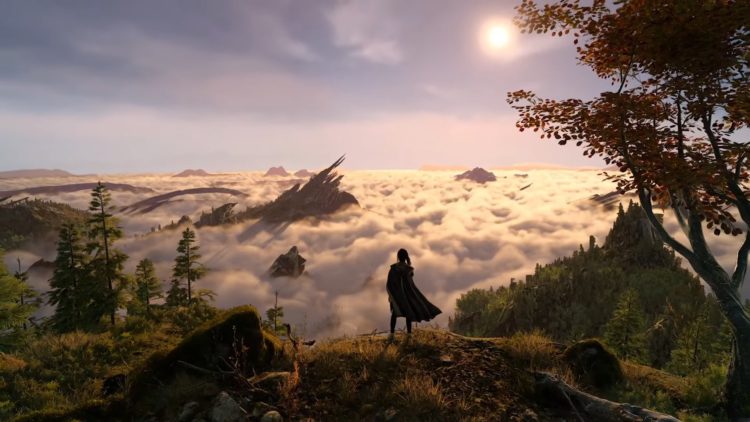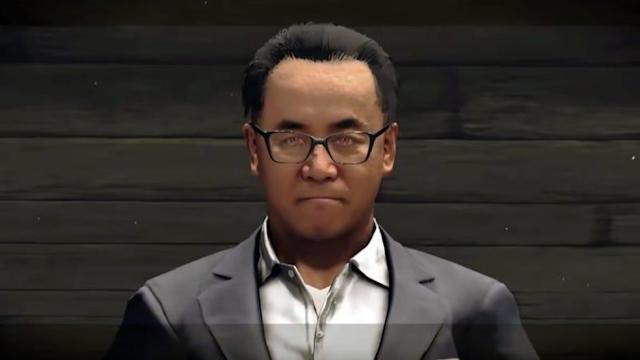The new year has officially begun, and Square Enix remains in a favorable position. The Final Fantasy XIV: Endwalker expansion came out early last month, and it proved so popular that Square Enix had to temporarily cease sales of the base game. Although the incredibly long queue times that led to this decision caused quite a few short-term headaches for both the playerbase and the developers, they did not diminish players’ immense degree of satisfaction with the expansion. Naturally, the success of Endwalker as well as the developers’ transparency has led to Square Enix earning plenty of goodwill from fans. Unfortunately, Square Enix could severely harm this goodwill very soon, as company President Yosuke Matsuda has recently expressed interest in the cynical business of NFTs as well as the “metaverse.”
But why?
Matsuda revealed his thoughts on these concepts through a letter that was published on January 1. He begins the letter by referring to the “metaverse” as “inspiring a lively global conversation first about what the metaverse is and then about what sort of business opportunities it presents.” He also brought up Facebook’s rebranding to “Meta,” which he apparently sees “as evidence that the concept is not a mere buzzword but here to stay.” On top of this, he anticipates that “the metaverse will likely see a meaningful transition to a business phase in 2022, with a wide range of services appearing on the scene.”
Later on, he discusses the rise of NFTs in 2021. Matsuda wrote that “the advent of NFTs using blockchain technology significantly increased the liquidity of digital goods, enabling the trading of a variety of such goods at high prices and sparking conversations the world over.” He supposedly saw “2021 not only as ‘Metaverse: Year One,’ but also as ‘NFTs: Year One’ given that it was a year in which NFTs were met with a great deal of enthusiasm by a rapidly expanding user base.”
What are these “conversations” about?
Saying that NFTs generated conversations and enthusiasm is certainly one way to sugarcoat people’s reactions to them. While those invested in cryptocurrency have certainly embraced NFTs, many others have rightfully criticized them and expressed concerns over their viability and potential for exploitation.
Even though people advertise NFTs as unique currencies that users have ownership of, research does not suggest that these users own much of anything in this regard. In a strictly legal sense, nothing would prevent someone from simply right-clicking the NFT, uploading it on another site, and claiming it as their own. What users actually own is a link with proof that they purchased the NFT, which itself is tied to a server. If that server goes down for any reason, be it a bug or the permanent expiration of the domain name, then that link goes away forever.
These problems make it difficult to see the long-term benefits of including NFTs in games. They encourage people to spend large sums of money for little, or potentially zero, material gain. Additionally, an in-game NFT economy could encourage publishers and developers to design their games around NFTs much like they already do with microtransactions. They could easily, for example, create progression systems that require excessive grinding unless players spend money on NFTs.
More corporate-speak
None of this has stopped Matsuda from offering praise for NFTs, which he sees as an opportunity “to enable self-sustaining game growth.” He labels “diversity” as “the driver that most enables such self-sustaining game growth,” and this “diversity” refers to “how people engage with interactive content like games” as well as “their motivations for doing so.” He thinks that “advances in token economies will likely add further momentum to this trend of diversification.”
After making these statements, he specifically addresses Square Enix fans and players in general who have little interest in NFTs as a business model. He mentions “that some people who ‘play to have fun’ and who currently form the majority of players have voiced their reservations toward these new trends, and understandably so.” He then tries to justify his interest in NFTs by saying that some players will want “to ‘play to contribute,’” or “to help make the game more exciting.”
Apparently, “traditional gaming has offered no explicit incentive to this latter group of people, who were motivated strictly by such inconsistent personal feelings as goodwill and volunteer spirit.” He states that, up to this point, user-generated content has existed “solely because of individuals’ desire for self-expression and not because any explicit incentive existed to reward them for their creative efforts.” Matsuda claims that this has caused what he sees as a relative lack of “game-changing” user-generated content in recent years, a curious statement considering how many impressive and even influential pieces of user-generated content, such as mods, have come out lately. Supposedly, token economies will offer users “explicit incentives” that will lead to “greater consistency in their motivation” as well as “a tangible upside to their creative efforts.”
A baffling message
It seems bizarre that Matsuda would frame ideas like “goodwill and volunteer spirit” in a negative light by using terms such as “consistency.” His statements seem to arise from the notion that people primarily motivate themselves through money, and that constant production serves as a net positive. But it is exactly that “inconsistent” passion that deserves celebration, as it alone has led to some truly herculean efforts in the gaming community as well as some spectacular pieces of art in their own right. It seems difficult to imagine that monetary incentives by themselves would lead to people putting out passion projects more consistently, especially since art without passion or love does not usually end up well. As Woody from Kingdom Hearts III would say, “you know nothing about hearts and love.”
At the end of the letter, Matsuda states that he and Square Enix at large “will keep a close eye on societal shifts in this space while listening to the many groups of users that populate it, and ramp up our efforts to develop a business accordingly.” It seems ironic that Matsuda would talk about listening to users while acknowledging that the majority of the Square Enix playerbase probably does not feel comfortable with NFTs. This has already led to a significant degree of backlash from players, and if this backlash grows further, then Square Enix may end up abandoning its NFT plans. Such a scenario has happened before, and it could very well happen again.
Square Enix president expresses interest in NFTs in New Year’s letter
Source: Philippines Poverty




0 Comments